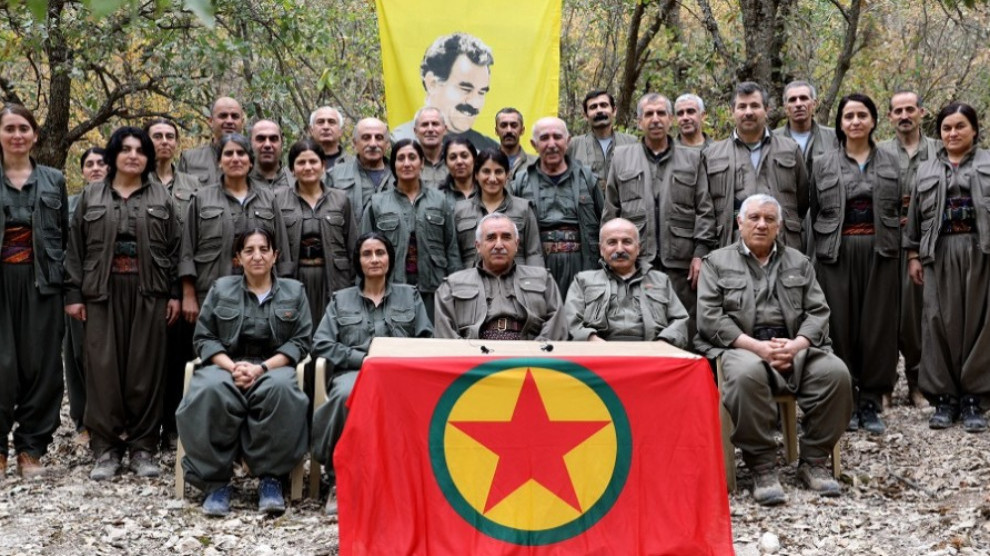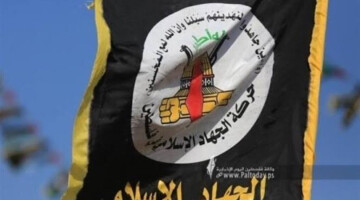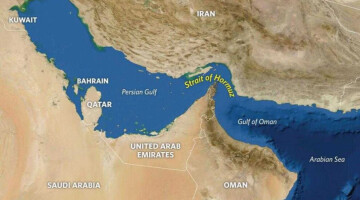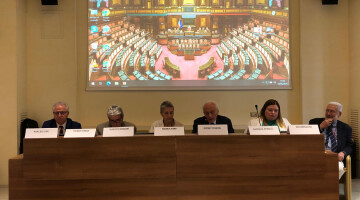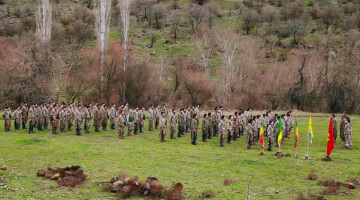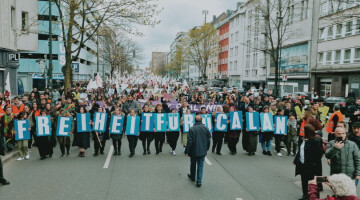The Central Committee of the Kurdistan Workers' Party PKK (Partiya Karkerên Kurdistanê) has commented on the ruling of the Court of Cassation in Brussels, which earlier this week finally confirmed the decision of the Court of Appeal that the PKK is not a "terrorist organisation" but a party in an armed conflict.
There is no doubt that the decision of the Belgian Supreme Court is of "historical significance for the Kurds and democratic public opinion" and has the potential to influence all European policy, said a statement by the PKK, which sees the ruling as a legal punishment for the international plot against Abdullah Öcalan.
Kurdish society describes the period from 9 October 1998 to 15 February 1999 as an international conspiracy. During this period, PKK founder Abdullah Öcalan, who is regarded as the mastermind of the Kurdish liberation movement and the most important political representative of the Kurds, was first declared persona non grata in Syria and then underwent an odyssey through various European countries before being deported from the Greek embassy in the Kenyan capital Nairobi and then handed over to Turkey in violation of international law.
The PKK said: "We hope that the verdict will prevail in the EU in the sense of a democratic political solution to the Kurdish question. This would allow Europe to do what they failed in 21 years ago. More than two decades ago Abdullah Öcalan held out the prospect of a democratic solution to the Kurdish question - Europe did not seize this opportunity. As then, Öcalan is now ready for a peaceful negotiated solution to the Kurdish question. He consistently addresses offers of talks to the responsible authorities and last May once again signaled his willingness to be available for talks on a political solution to the Kurdish question. Now it is up to Europe and the forces responsible for this conflict, which are always maneuvering the Kurdish question into a dead end. However, in view of the Belgian judgment and the resistance for freedom that is developing in Kurdistan, it will be difficult for these forces to maintain their current approach.
The PKK case in Belgium
The ruling of the Belgian Court of Cassation, according to which the PKK is not a "terrorist organisation" but a party in a domestic armed conflict and therefore cannot be condemned by the national anti-terror law, is already dated March 2019 and the decision is now final and binding on all parties to the case.
The background was a trial against a total of 40 Kurds accused of fundraising, propaganda and recruitment for the PKK. In 2010, the police searched the studios of the satellite broadcaster Roj TV, the premises of the Kurdistan National Congress (KNK) and other legal Kurdish institutions in Belgium with a large contingent and arrested several KNK representatives. In a second case, a Kurd from Northern Syria was accused of having exported communication devices to Hewlêr (Erbil) in Southern Kurdistan/Northern Iraq, which according to the public prosecutor's office had been passed on to the Kurdish HPG guerrillas.
In the face of fierce opposition from the public prosecutor's office, the defence had from the outset focused on the question of whether the PKK was a "terrorist" organisation at all and whether the Belgian anti-terror law could be applied. This law has the reservation that it is not applicable to armed forces within a conflict under international law. The regulation was incorporated into Belgian law in 2003 in the course of the European Framework Decision on Terrorism and should actually be the basis of anti-terrorism laws in most European countries.
According to the defence, the conflict in Turkey between Kurds and the Turkish army is of course not a matter of terrorism, but a civil war between a state and a group that considers it necessary to defend itself against discrimination and oppression by force. The conflict is sufficiently intense to be considered a war and not a terrorist activity or armed incident.
The Kurdish guerrilla force HPG is sufficiently organised and structured to be considered an armed force and not just an irregular group. Therefore, martial law and not the anti-terror law should be applied. Thus, attacks on military targets could not be considered criminal acts.
While the Court of Appeal had essentially agreed with this assessment, the prosecution before the Supreme Court contradicted it. The Supreme Court overturned the previous decision, but not on the central points. Therefore, the proceedings had to be retried before the Court of Appeal in Brussels.

